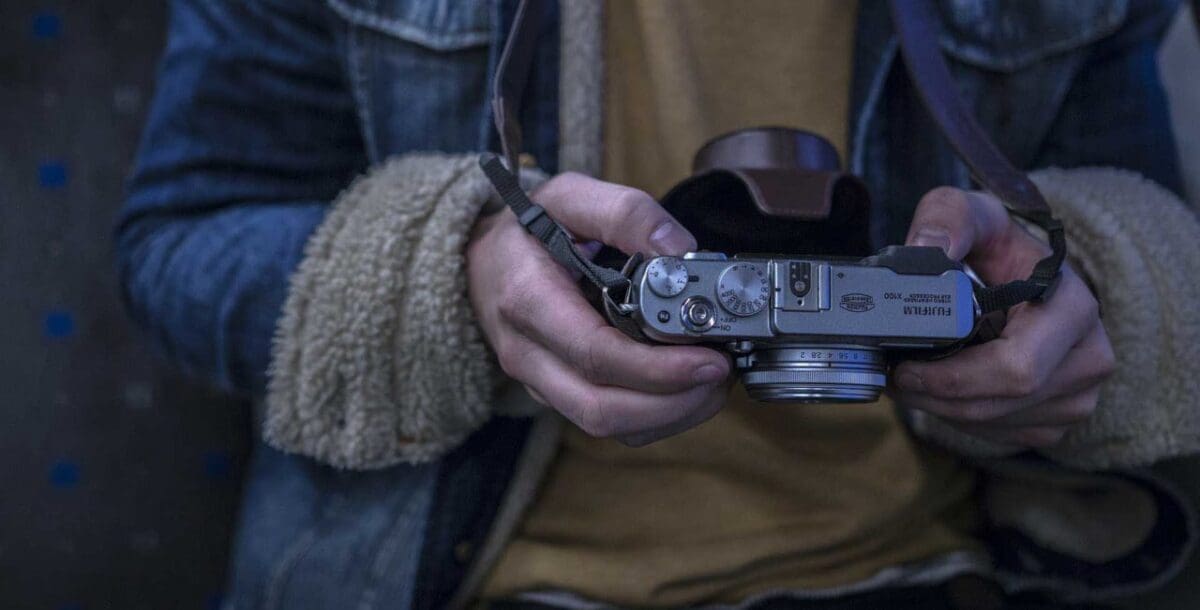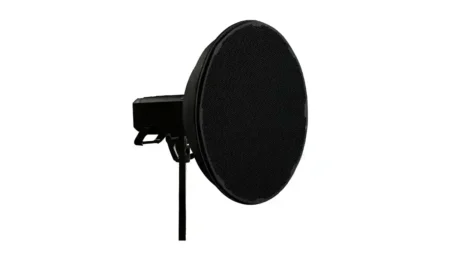In an era where discussions about photography often centre on the latest high-speed lenses, state-of-the-art sensors, and the rising megapixel count, it’s easy to forget the essential reason this art form exists: to capture the human experience in its raw, unfiltered state. As the world’s attention focuses on the war between Russia and Ukraine and the escalating tensions between Israel and Hamas, the impact and importance of photojournalism becomes ever more significant.
When we talk about photography, conversations usually veer towards technical prowess, or the artistry of composition. But let us not forget that this medium has the unparalleled power to reveal the human aspects behind the headlines – joys and sorrows, triumphs and defeats. Unlike any other art form, photography has the immediate impact to open our eyes and make abstract conflicts deeply personal.
It’s worth remembering that behind every photograph of a devastated building, a column of refugees, or a protest in the streets, there is a photojournalist who was there, camera in hand, capturing that specific moment in time. These individuals often put their lives on the line to bring these stories into our lives, to make sure we don’t look away when perhaps we most want to.
This year alone, we’ve learned of photojournalists who have lost their lives in the pursuit of telling these stories. Their sacrifices bring to mind the inherent risks and responsibilities of this profession. It’s far easier to discuss aperture settings and colour grading than it is to think about the person who dodged bullets or faced hostile environments to capture an image. But it’s the latter that we should all pause to appreciate.
The next time you find yourself engrossed in a debate over the merits of mirrorless cameras versus DSLRs, or the latest post-processing software, take a moment to shift your focus. Think about the men and women who use these tools not just for artistic expression, but as a means to convey stories that might otherwise go untold. Remember the journalists who have made the ultimate sacrifice to shine a light on dark corners of the world.
Photography’s true power lies not in its technological advancements, but in its enduring ability to make us feel, to inform us, and to remind us what it means to be human, especially in times of conflict and suffering.
So as we scroll through images that capture the complexities of our world – be it a war zone or a moment of human connection – let’s not forget the bravery and dedication of those behind the lens. Their work does not merely capture reality; it serves as a compelling call for empathy, action, and change.
Because in the end, it’s not about how advanced our cameras are, but how deeply we’re willing to look through them.



